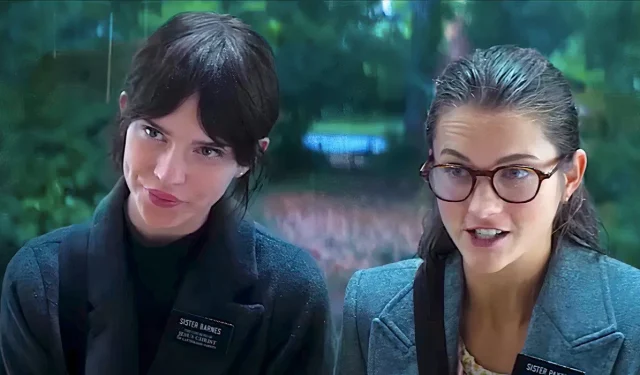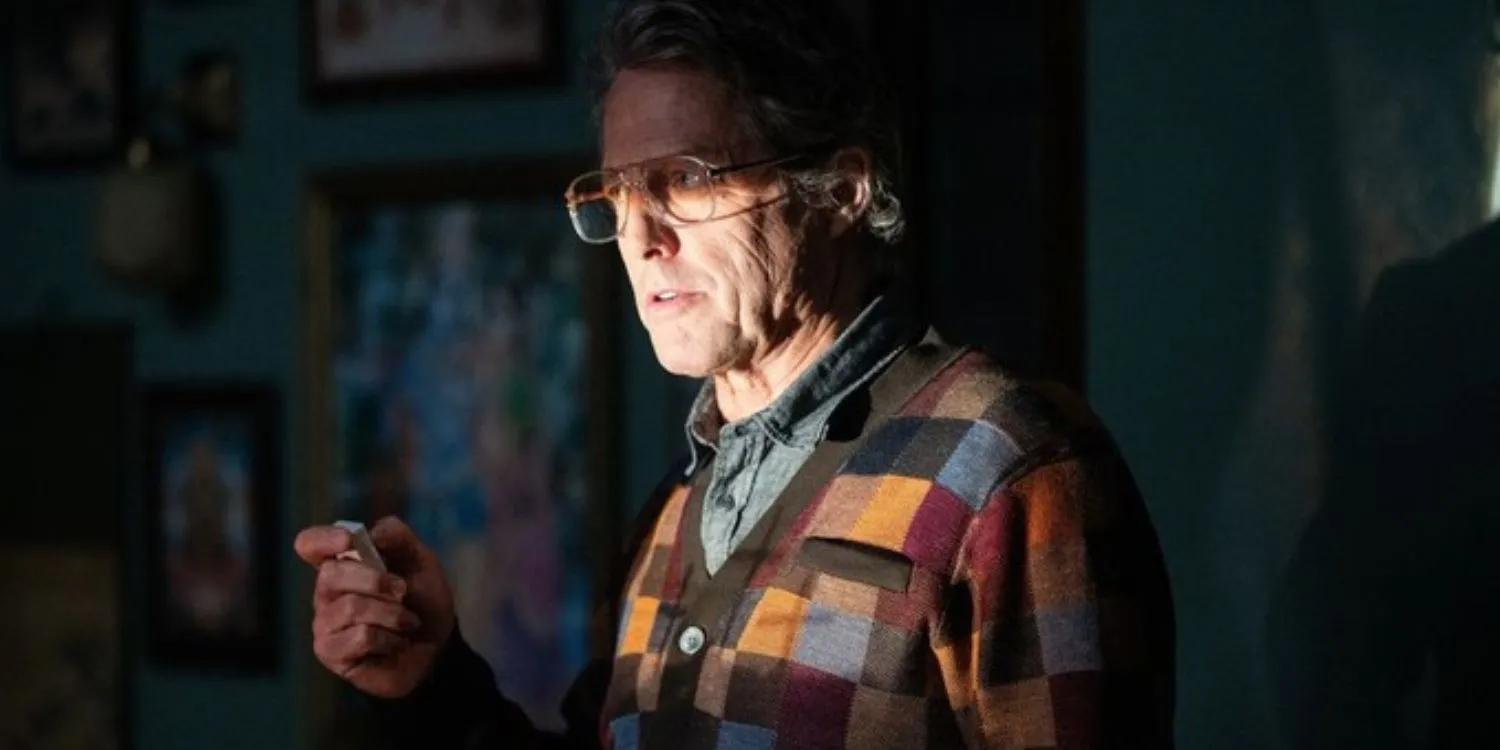
WARNING: Spoilers ahead for Heretic.
The A24 psychological horror thriller Heretic, which premiered in theaters on November 8, 2024, has quickly captured audience attention and critical acclaim. As of now, the film holds a commendable 90% rating on Rotten Tomatoes, with an audience score of 76%. Starring Hugh Grant as the enigmatic Mr. Reed, this cinematic offering weaves a complex narrative around two religious women, Sister Barnes (Sophie Thatcher) and Sister Paxton (Chloe East), embroiled in a challenging game of theological exploration. The film is among the standout releases from A24 in 2024.
Financially, Heretic has performed well, grossing approximately $44.5 million against a modest production budget of $10 million. Currently, it is available for rent or purchase across various digital platforms. While the film has not yet been made available on streaming services, it’s anticipated to debut on HBO/MAX, thanks to A24’s exclusive distribution agreement with the platform. Deeply entrenched in themes of religion and morality, the film sets the stage for a cerebral cat-and-mouse dynamic, with Mr. Reed embodying a god-like figure as he orchestrates the women’s trials.
Understanding the Monopoly Monologue in Heretic
A Key Insight into Mr. Reed’s Philosophy

Mr. Reed’s Monopoly monologue stands as a pivotal element in Heretic, encapsulating his philosophical stance on religion. In a peculiar professor-like manner, he utilizes various Monopoly board games to illustrate his assertion that, despite their surface differences, the world’s major religions are fundamentally similar. He draws a striking parallel, comparing the original Monopoly game to Judaism while suggesting that spin-off versions represent Christianity and Islam.
The crux of Mr. Reed’s argument hinges on the notion that all religions, regardless of their representation or commerciality, serve as mere facades for systems of control. His discourse ignites a fervent debate with the two Sisters, shifting the focus momentarily away from their dire predicament. Reed emphasizes that the perceived diversity in faith—akin to different “versions”of the game—misleads individuals into believing they have choices when, in reality, all paths culminate in a singular objective of dominance.




Leave a Reply